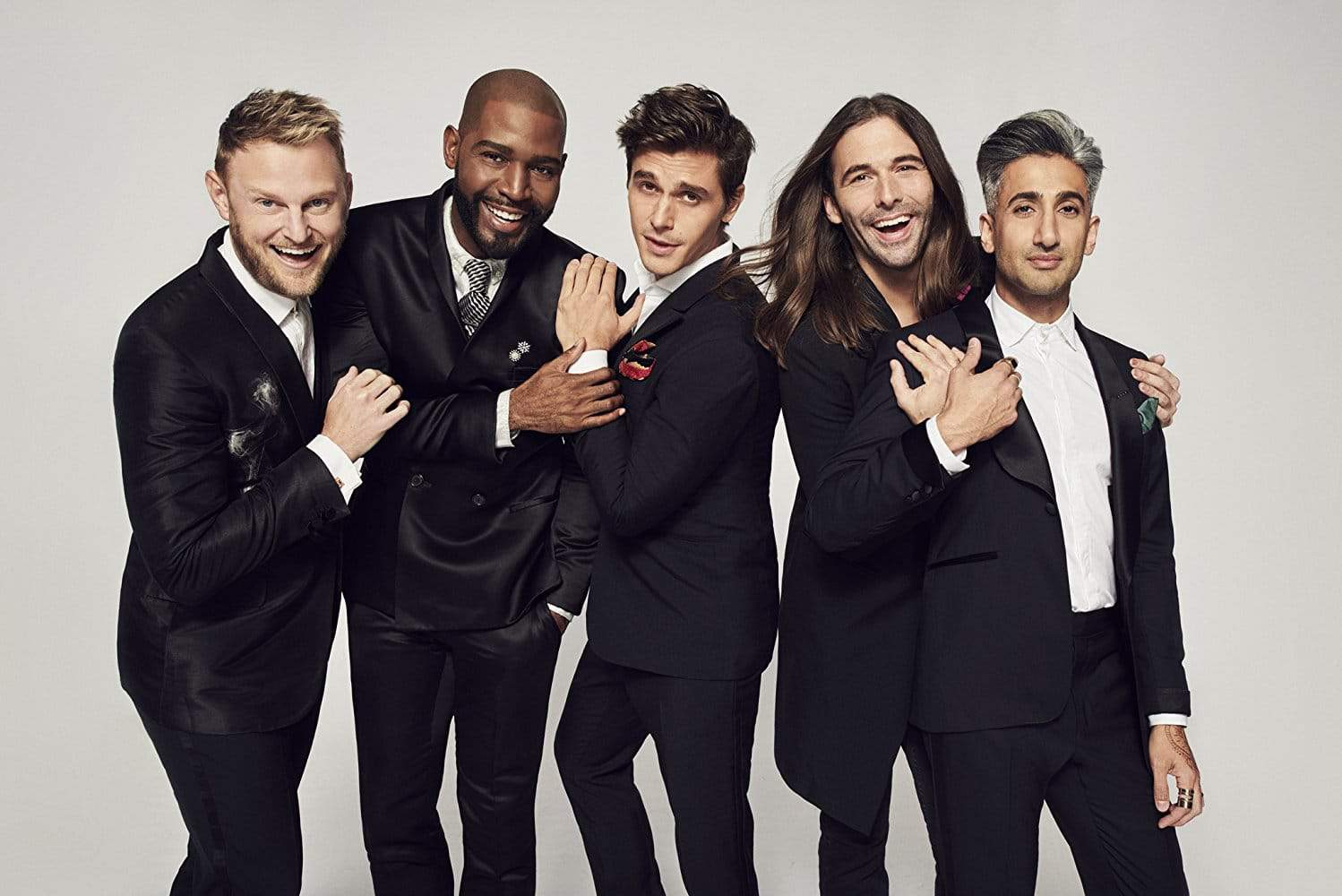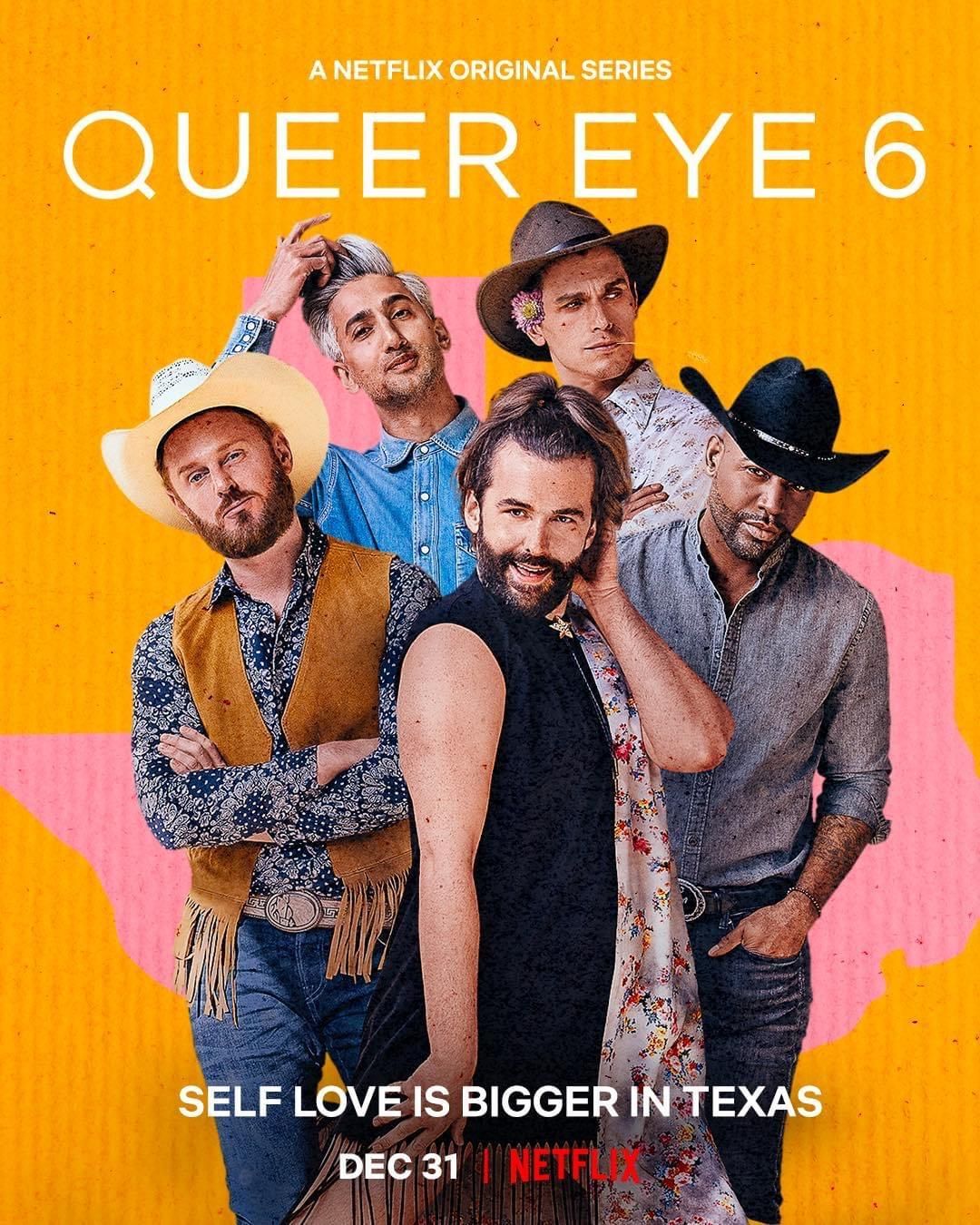
Bobby Berk’s ‘Queer Eye’ Exit: A Celebration of Diversity and Inclusion
Introduction
Bobby Berk’s departure from the hit Netflix show “Queer Eye” has sparked a complex dialogue on diversity, representation, and the importance of inclusive storytelling. While Berk’s exit has been met with some sadness, it also presents an opportunity to critically examine the show’s role in shaping perceptions and challenging societal norms.
Berk’s Contributions and Impact
Since its debut in 2018, “Queer Eye” has become a cultural phenomenon, largely due to its heartwarming premise and relatable cast. Berk, as the interior design expert, brought his expertise and passion to make homes more stylish and functional. Beyond his design acumen, Berk’s open and vulnerable sharing of his personal experiences as a gay man resonated with viewers and contributed to the show’s overall message of love, acceptance, and self-discovery.
Diversity and Representation
Berk’s departure has raised questions about the level of diversity and representation on “Queer Eye.” While the show has been praised for its groundbreaking representation of the LGBTQ+ community, some critics argue that it could do more to include voices from a broader range of backgrounds and identities. The show’s predominantly white and male cast has been a source of discussion, especially considering the intersectionality and diversity within the LGBTQ+ community.
The Importance of Intersectionality
Intersectionality, a concept that recognizes the multiple and overlapping forms of identity and oppression, is crucial to consider when discussing representation. Berk’s exit highlights the need for the show to explore other perspectives and experiences within the LGBTQ+ community, such as those of women, people of color, and transgender individuals. By showcasing a more diverse range of identities, “Queer Eye” could have a greater impact on promoting inclusion and challenging societal biases.
Reflection on Inclusivity
While Berk’s exit should not be viewed as a setback, it does present an opportunity for “Queer Eye” to critically reflect on its commitment to inclusivity. The show has the power to shape perceptions and inspire positive change, and it can do so most effectively by representing the full spectrum of LGBTQ+ experiences. Embracing intersectionality and listening to the voices of those who have been historically underrepresented is essential to ensuring that the show remains a force for good in the world.
Conclusion
Bobby Berk’s departure from “Queer Eye” is a reminder of the ongoing importance of diversity and representation in storytelling. While the show has made significant strides in challenging societal norms and promoting acceptance, it has the potential to do even more by embracing intersectionality and showcasing a wider range of LGBTQ+ perspectives. By continuing to reflect and evolve, “Queer Eye” can cement its legacy as a groundbreaking show that celebrates the beauty and diversity of the human experience.
